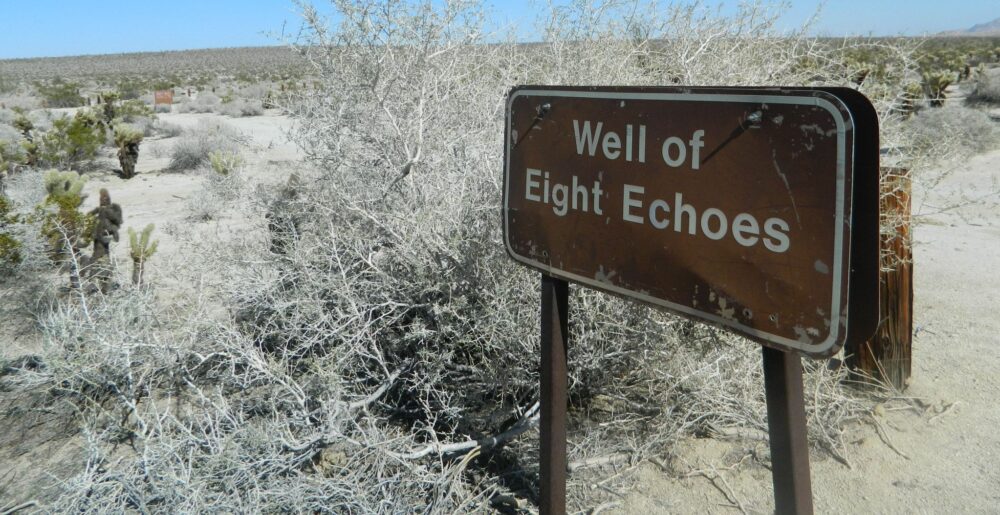books
now browsing by category
A Talent for Insatiability
I’m re-reading Atwood’s The Handmaid’s Tale, this time with a close eye on her use of language.
Today I’m obsessing over this:
“We yearned for the future. How did we learn it, that talent for insatiability?” (3-4)
I get the insatiability. In fact, the statement reminds me of John Twelve Hawks’ The Traveler, in which this world’s chief problem is never-ending desire. My attention is snagged by the word talent. Why does Atwood call this longing a talent? Again, I get the innate quality. I just don’t understand it being referred to as an ability, as though one were performing or creating something.
Why I give books away
People are always nonplussed when I share my passion for giving away books. I always have a box of books at the ready, and I have a bookshelf in the waiting room of my office that I keep fully stocked. The best way I can explain it is by sharing part of what I told my 2008 graduating class:
“My son was in juvenile hall, and I wanted to give him a copy of Viktor Frankl’s Man’s Search for Meaning, which is Frankl’s memoir of how he endured life in a concentration camp during the Holocaust. But when I asked the officers at the front desk if I could give it to him, they said no. I was shocked and baffled. It’s a very small paperback book. Did they think he’d make a shank out of it? Seemed the worst he could do is make spit wads.
“No,” they told me. “All the kids would fight over it and the book would be destroyed.”
This told me the obvious, that there was poverty in juvenile hall. But there was something bigger here, a mindset of not having enough. So I thought, “All right, then. I’ll just bring books for everyone.”
I brought in boxes of books every week, and two things happened:
1) the officers contacted me to see if I could find a specific book for one of the kids, and 2) they asked if they (the officers) could have some, too.
The hunger wasn’t merely among the inmates but among the officers, too.“Yes,” I said. “There’s enough for you, too.”
I wonder if a kid’s life could be changed simply by having access to an abundance of books. Simply by reading just one book that shows a life different from the one he knows. Who knows what one book can do? I think having access to books can have a huge impact on the choices a person makes.
I gave away more than 2000 books all over Imperial Valley that summer; the bulk of them went to juvenile hall and the navy base, and there were so many that I didn’t take the time to document them all on the Bookcrossing site. I decided that it didn’t matter, since the point wasn’t to track the books but to get them into the hands of people.
I’ll never know what impact any of this had. It doesn’t matter.
The books are out there.
More on character development
Heroine is giving me grief, so I’m brainstorming, and I’ve gone to my shelves.
Thought I’d share the books I’m finding helpful:
The authors give detailed descriptions of nine different personality types, with levels of health from 1-10. This is particularly helpful because you can see how a strength can decay into weakness.
 It includes a section on character traits and physical characteristics. Very good for igniting ideas.
It includes a section on character traits and physical characteristics. Very good for igniting ideas.
Includes child and adolescent types, psychological disorders, criminal styles, nonverbal communication and more.
You might also find this blog helpful.
That Book List
Dick Meyer at NPR has decided to come up with his list of the 100 best novels of the 20th century. “I am not a learned or prolific reader of novels,” he writes. “My taste is probably medium-brow, male and parochial in many ways. Tough. It’s my list.”
Apparently, it is, because it’s certainly not my list. While I wouldn’t call it parochial, I would say that a lot of the books are the kind that were assigned to be read in school, which indicates a kind of incurious reader to me.
She takes issue with the fact that there are only 7 women on the list, and for good reason: if it’s got the title 100 Years, 100 Novels, One List, it should not be so limited. The title should make it clear that it’s not an NPR list but a personal one. He does say so in his article, but frankly, that’s not enough.
The comments after Kellogg’s article make for entertaining reading. One reader accuses her of being snarky, and Dick Meyer’s response, “Well, it’s fine if you find it important to get cranky because I didn’t have a proper ratio of women on my list to suit you; many peope who left comments had the same complaint,” is funny. You find it important to get cranky? What, she read the article and decided, “I haven’t been cranky today. I think I’ll pick on Dick Meyer”? He emphasizes her point by mentioning that other people told him the same thing!
To be fair, it’s impossible to compile a list of 100 books spanning 100 years. No one’s going to fully agree with you, which is actually delightful. It means we haven’t read all there is to be read.
I do wish Meyer had put a brief blurb by each choice so we could see why he loved it. For example, why O’Brien’s In the Lake of the Woods rather than The Things They Carried, or If I Die in a Combat Zone?
Why Animal Farm but not 1984? He includes Huxley’s Brave New World, so perhaps he prefers it over Orwell’s book. Whatever the case, I want to know.








 D5 Creation
D5 Creation